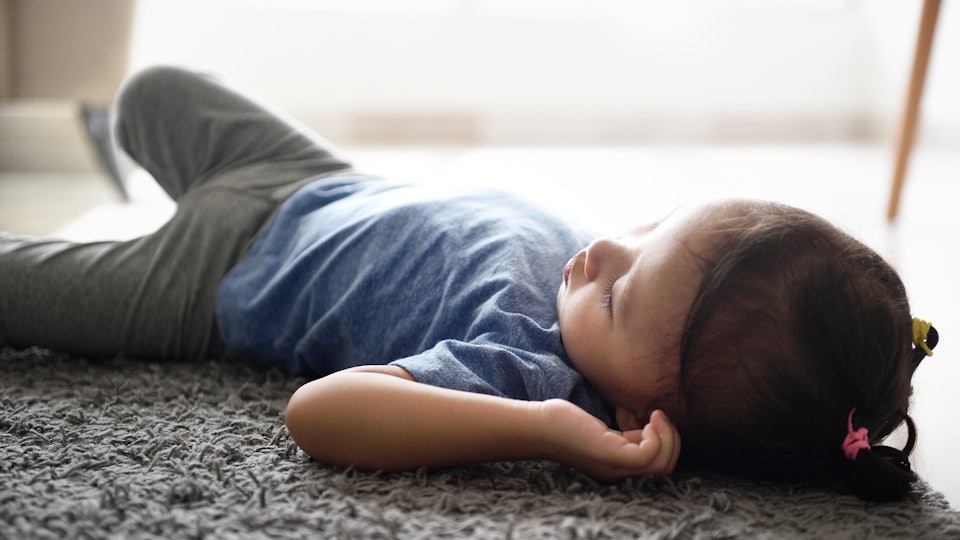Back pain is a common problem that affects many people. It can be caused by a variety of factors, such as poor posture, injuries, and even the way we sleep. Many people believe that sleeping on the floor can help relieve back pain and improve overall health. But is there any truth to this? Let's take a closer look at the pros and cons of sleeping on the floor versus a mattress.Back Pain Relief: Is Sleeping on the Floor Good for You?
One of the main arguments for sleeping on the floor is that it can help alleviate back pain. This is because sleeping on a firm surface can provide better support for your spine, compared to a soft mattress that can cause your body to sink in and create pressure points. It can also help improve your posture and reduce strain on your back muscles.Is Sleeping on the Floor Good for Your Back?
Aside from relieving back pain, there are other potential benefits of sleeping on the floor. For one, it can help improve your sleep quality. Many people find that sleeping on a firm surface helps them fall asleep faster and stay asleep longer. It can also promote better blood circulation and lead to a more restful sleep. In addition, sleeping on the floor can also help strengthen your core and back muscles. When you sleep on a soft mattress, your muscles are not engaged as much as they would be on a firm surface. This can lead to weakness and imbalances in your muscles over time. By sleeping on the floor, you're using your own body weight to support your spine, which can help build strength in your muscles.Benefits of Sleeping on the Floor
While there are potential benefits to sleeping on the floor, it's not for everyone. One of the main disadvantages is that it can be uncomfortable, especially if you're used to sleeping on a soft mattress. It can also be difficult for people with certain health conditions, such as arthritis or osteoporosis, to get up from the floor in the morning. Another disadvantage is that sleeping on the floor can be too firm for some people, which can lead to discomfort and even pain in other areas of the body, such as the hips and shoulders. It's important to find the right balance between a firm surface and one that provides enough cushioning for your body.Disadvantages of Sleeping on the Floor
In addition to potentially relieving back pain, sleeping on the floor may have other health benefits. For example, sleeping on a firm surface can help align your spine, which can improve your posture and reduce strain on your neck, shoulders, and back. It can also lead to better blood circulation, which can benefit your overall health and well-being. Furthermore, sleeping on the floor can also help promote better breathing. When you sleep on your back, your head and neck are in a natural position, which can help open up your airways and prevent snoring. This can be beneficial for those who suffer from sleep apnea or other breathing problems.How Sleeping on the Floor Can Improve Your Health
While sleeping on the floor may have its benefits, there are also reasons why a mattress may be a better option for some people. For one, a soft mattress can provide more cushioning and support for your body, which can be more comfortable for those with joint pain or pressure points. It can also be easier to get up from a higher surface, especially for those with mobility issues. In addition, mattresses come in a variety of types and firmness levels, so you can find one that suits your specific needs and comfort preferences. Some people may prefer a medium-firm mattress, which provides enough support for the spine while also allowing for a bit of cushioning. Others may find a memory foam mattress to be the most comfortable for their body.Why Sleeping on a Mattress May Be Better for You
Ultimately, the decision between sleeping on the floor or on a mattress comes down to personal preference and what works best for your body. Both options have their own set of potential benefits and drawbacks, and it's important to consider your own needs and preferences before making a decision. If you suffer from back pain or poor sleep quality, it may be worth trying out sleeping on the floor to see if it helps. However, if you prefer a softer surface or have certain health conditions, a mattress may be a better choice for you.Comparing the Benefits of Sleeping on the Floor versus a Mattress
If you do decide to give sleeping on the floor a try, it's important to do it properly to avoid any discomfort or pain. Here are some tips for getting the most out of your floor sleeping experience:How to Properly Sleep on the Floor for Maximum Comfort
While there is limited scientific research on the benefits of sleeping on the floor, some studies have shown that sleeping on a firm surface can help alleviate back pain and improve sleep quality. One study found that patients with chronic low back pain experienced significant improvement in pain and disability after sleeping on a firm surface for 3 weeks. Another study showed that sleeping on a firm surface can help reduce symptoms of insomnia and improve sleep quality in older adults. However, more research is needed to fully understand the effects of sleeping on the floor on overall health and well-being.The Science Behind Sleeping on the Floor
It's always helpful to hear from others who have tried sleeping on the floor versus a mattress. Some people swear by sleeping on the floor and claim that it has helped alleviate their back pain and improved their sleep quality. Others find it uncomfortable and prefer the softness of a mattress. Ultimately, the best way to determine what works for you is to try both options and see which one your body responds to better. You may also want to consider consulting with a healthcare professional for personalized advice.Real People's Experiences with Sleeping on the Floor versus a Mattress
The Importance of a Good Mattress for a Good Night's Sleep
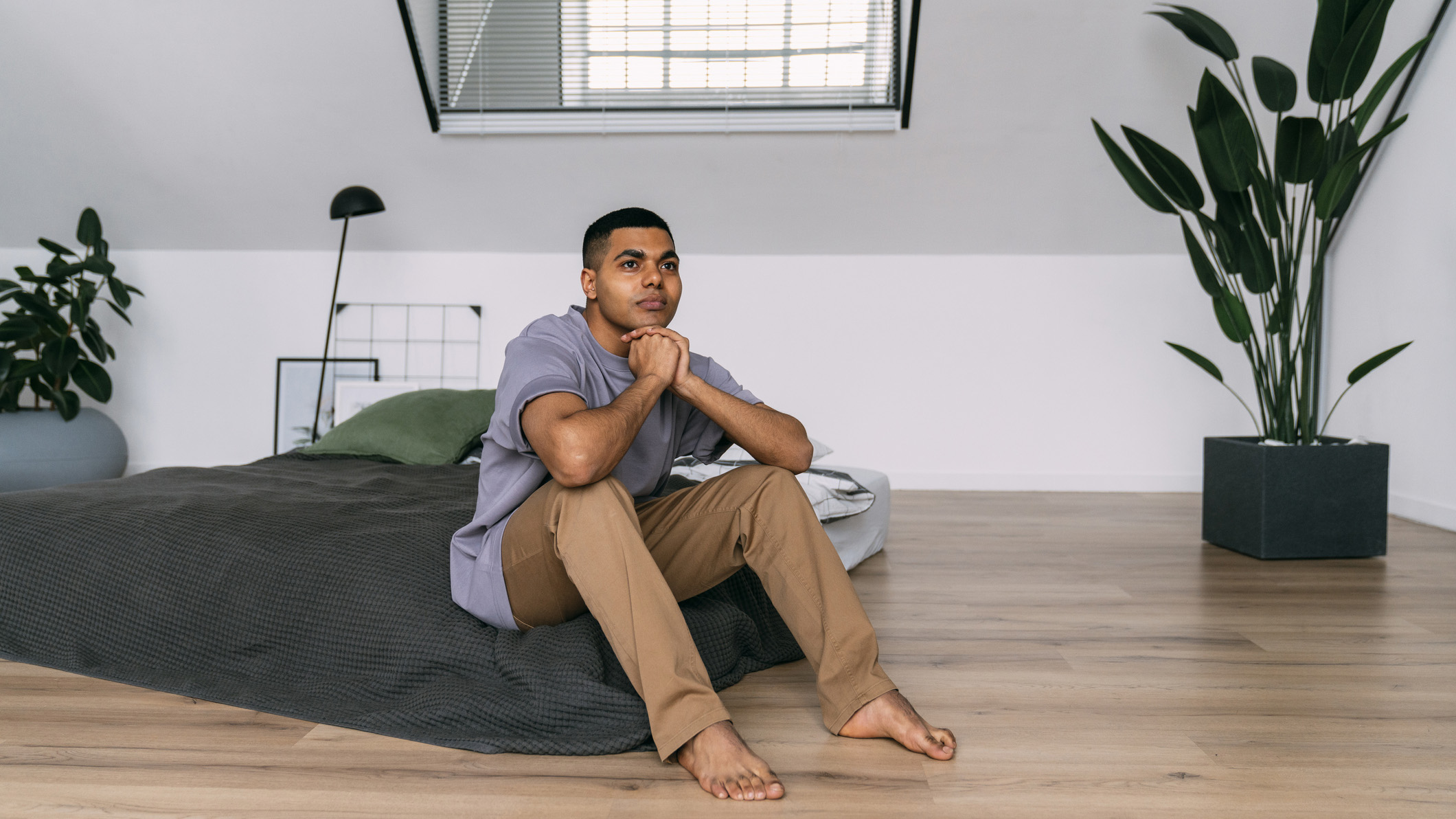
The Battle Between Sleeping on the Floor Versus Sleeping on a Mattress
 When it comes to creating the perfect bedroom for a good night's sleep, one of the most debated topics is whether it's better to sleep on the floor or on a mattress. Some people swear by sleeping on the floor, claiming that it's better for their posture and overall health. Others argue that a good mattress is essential for a good night's sleep. So, which one is better? Let's take a closer look and find out.
Sleeping on the Floor
For centuries, people have been sleeping on the floor, particularly in Asian cultures. It is believed that sleeping on a hard surface can help improve posture and alleviate back pain. The idea behind this is that sleeping on a firm surface helps keep the spine aligned, preventing any strain on the back. Additionally, sleeping on the floor can also improve circulation and reduce pressure points, leading to a more restful sleep.
However, sleeping on the floor may not be suitable for everyone. People who suffer from joint pain or have pre-existing back issues may find it uncomfortable and even painful to sleep on a hard surface. Furthermore, sleeping on the floor can also be a challenge for those with mobility issues, making it difficult to get in and out of bed.
Sleeping on a Mattress
On the other hand, sleeping on a mattress has become the standard for most people. Mattresses are designed to provide support and comfort, allowing for a better quality of sleep. A good mattress can also help alleviate pressure points and reduce the risk of developing back pain.
Moreover, there is a wide variety of mattresses available, each with its own unique features. Memory foam, for example, molds to the shape of the body, providing customized support and comfort. This can be beneficial for those with back issues or joint pain. Additionally, mattresses with cooling technology can help regulate body temperature, leading to a more comfortable sleep.
The Verdict
While sleeping on the floor may have its benefits, it ultimately comes down to personal preference and individual needs. For those who prefer a firm surface and do not suffer from any back or joint pain, sleeping on the floor may be a good option. However, for most people, a good quality mattress is essential for a comfortable and restful sleep.
In conclusion, the battle between sleeping on the floor versus sleeping on a mattress may never have a clear winner. Both options have their own advantages and disadvantages. It's important to consider your own needs and preferences when choosing the best sleeping surface for you. After all, a good night's sleep is key to a healthy and happy life.
When it comes to creating the perfect bedroom for a good night's sleep, one of the most debated topics is whether it's better to sleep on the floor or on a mattress. Some people swear by sleeping on the floor, claiming that it's better for their posture and overall health. Others argue that a good mattress is essential for a good night's sleep. So, which one is better? Let's take a closer look and find out.
Sleeping on the Floor
For centuries, people have been sleeping on the floor, particularly in Asian cultures. It is believed that sleeping on a hard surface can help improve posture and alleviate back pain. The idea behind this is that sleeping on a firm surface helps keep the spine aligned, preventing any strain on the back. Additionally, sleeping on the floor can also improve circulation and reduce pressure points, leading to a more restful sleep.
However, sleeping on the floor may not be suitable for everyone. People who suffer from joint pain or have pre-existing back issues may find it uncomfortable and even painful to sleep on a hard surface. Furthermore, sleeping on the floor can also be a challenge for those with mobility issues, making it difficult to get in and out of bed.
Sleeping on a Mattress
On the other hand, sleeping on a mattress has become the standard for most people. Mattresses are designed to provide support and comfort, allowing for a better quality of sleep. A good mattress can also help alleviate pressure points and reduce the risk of developing back pain.
Moreover, there is a wide variety of mattresses available, each with its own unique features. Memory foam, for example, molds to the shape of the body, providing customized support and comfort. This can be beneficial for those with back issues or joint pain. Additionally, mattresses with cooling technology can help regulate body temperature, leading to a more comfortable sleep.
The Verdict
While sleeping on the floor may have its benefits, it ultimately comes down to personal preference and individual needs. For those who prefer a firm surface and do not suffer from any back or joint pain, sleeping on the floor may be a good option. However, for most people, a good quality mattress is essential for a comfortable and restful sleep.
In conclusion, the battle between sleeping on the floor versus sleeping on a mattress may never have a clear winner. Both options have their own advantages and disadvantages. It's important to consider your own needs and preferences when choosing the best sleeping surface for you. After all, a good night's sleep is key to a healthy and happy life.

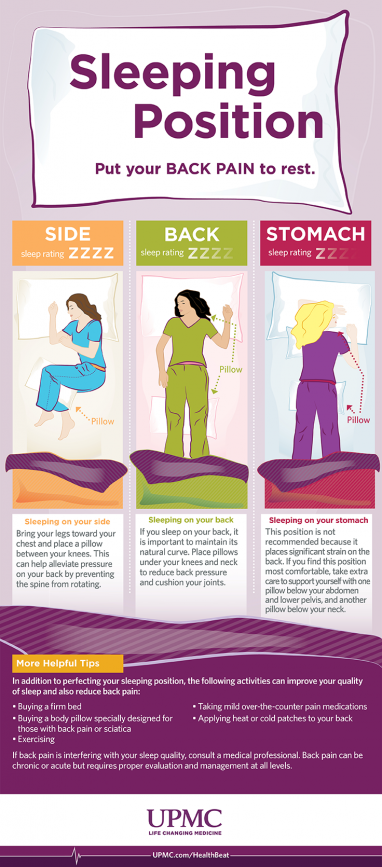




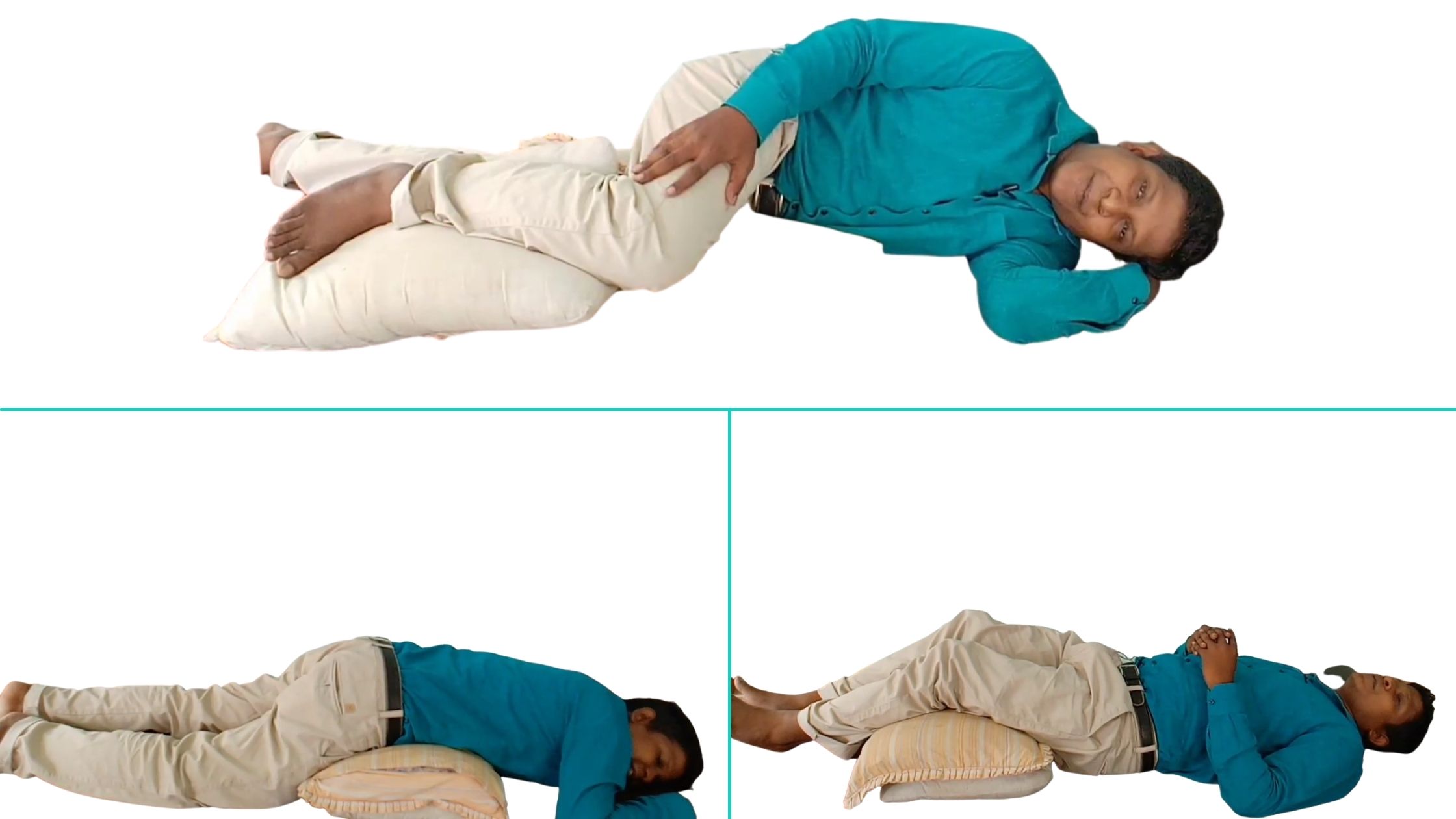









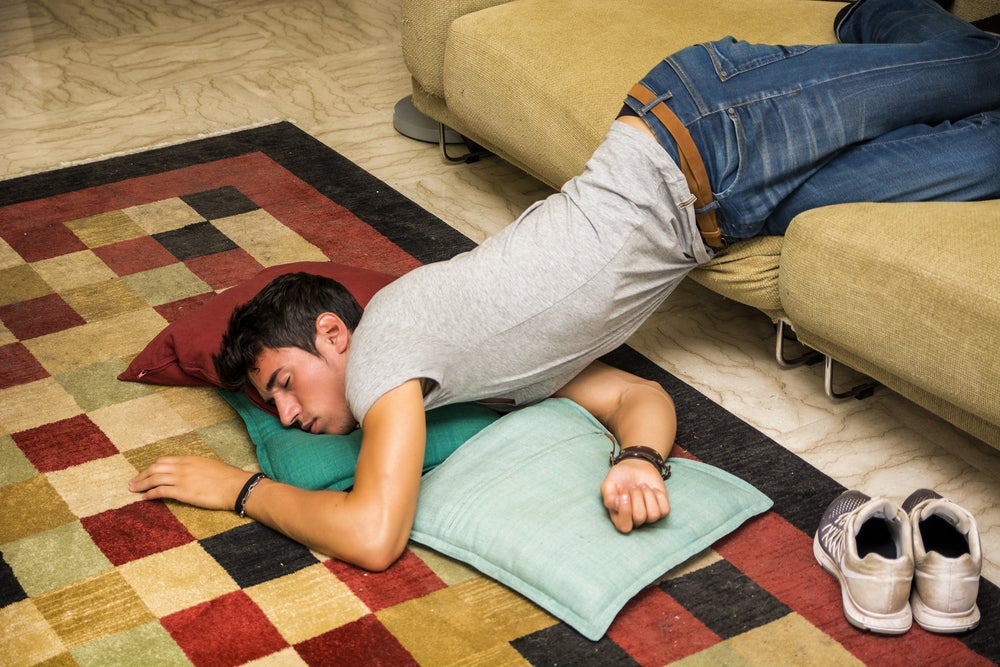


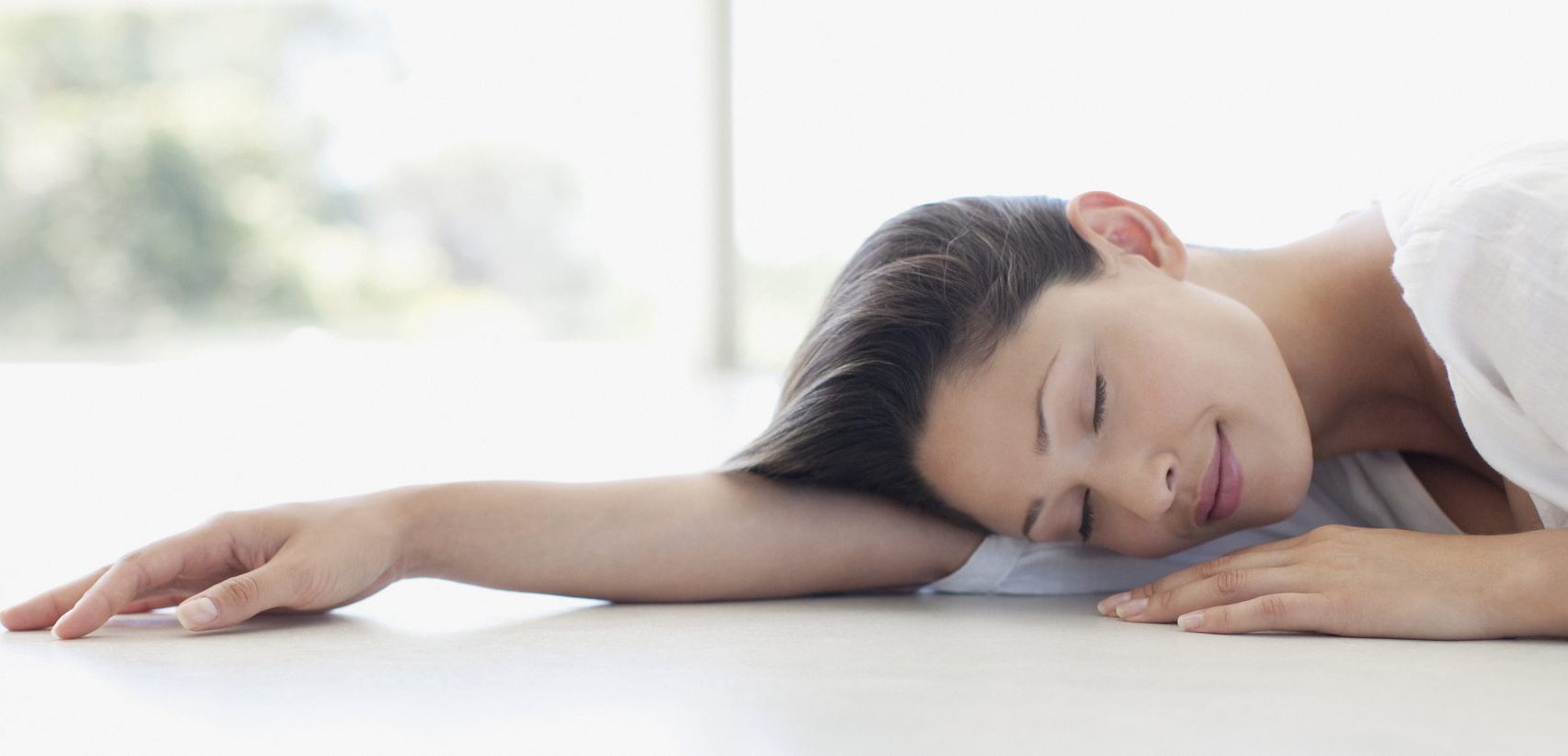
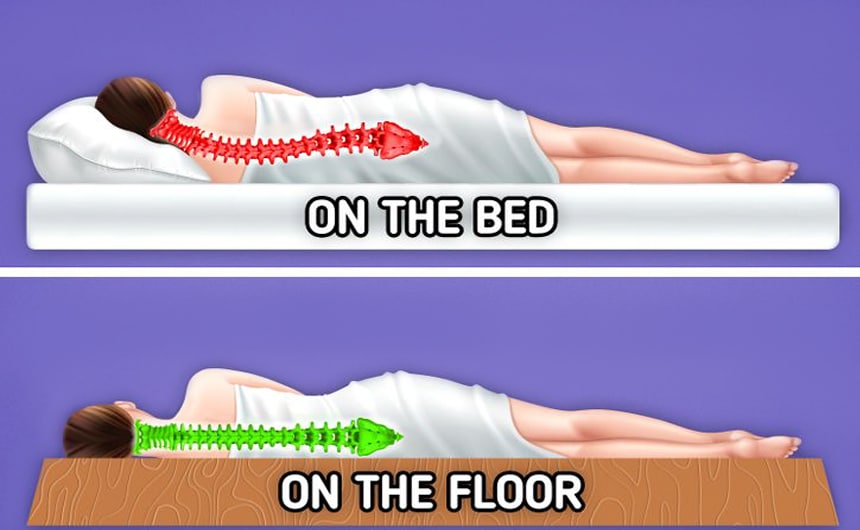
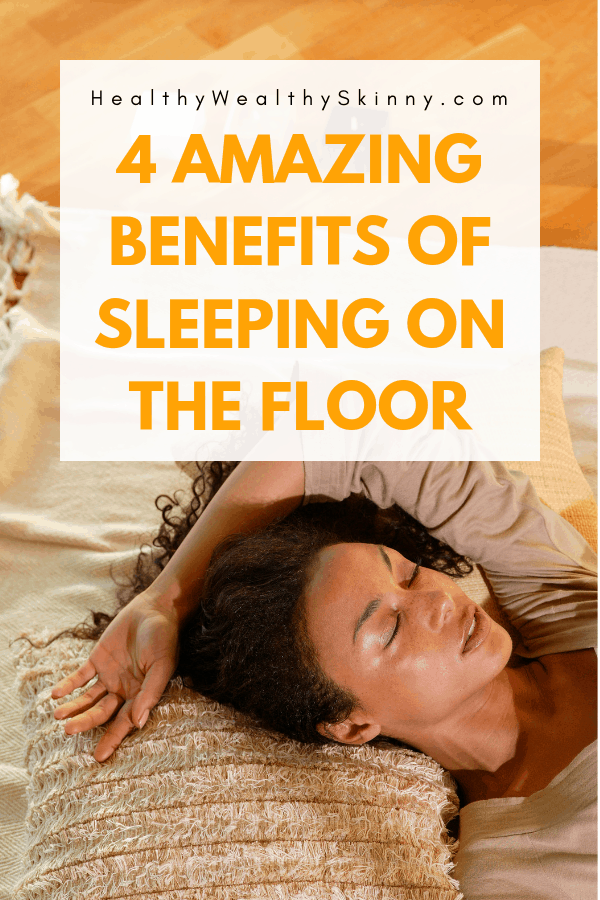

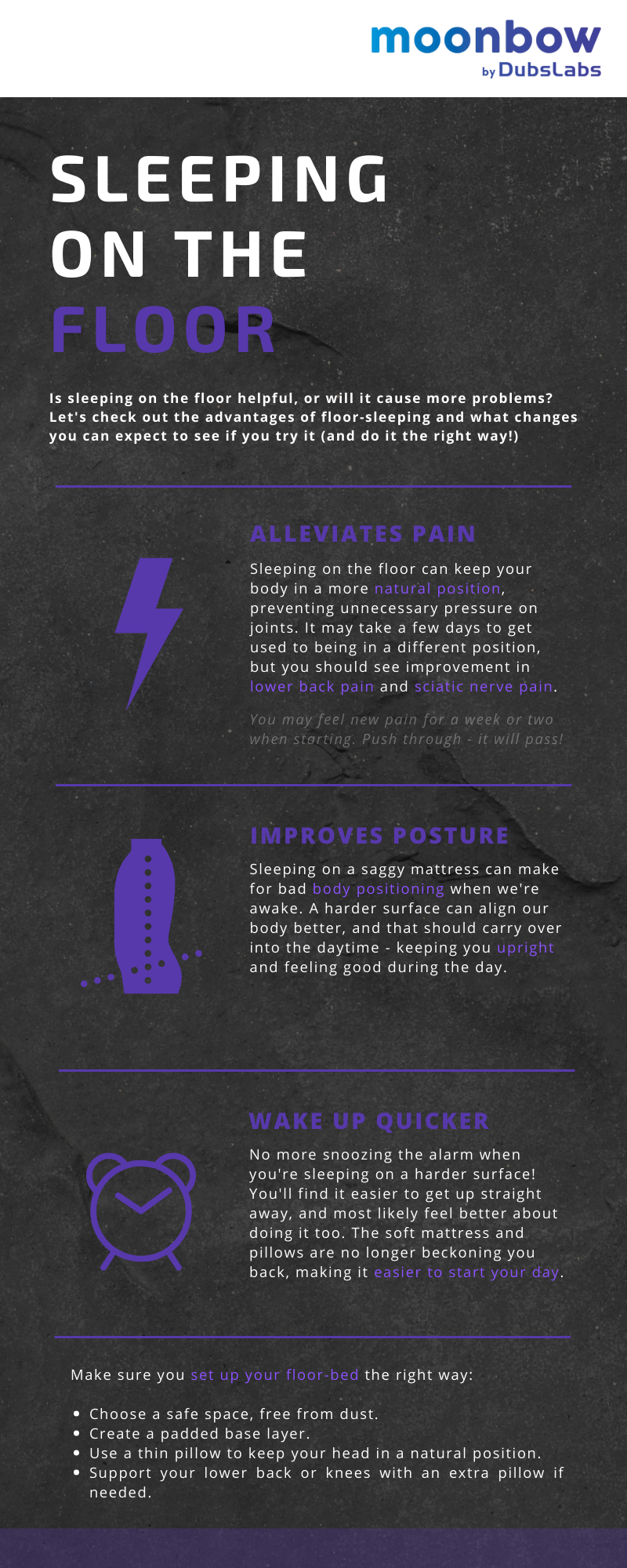
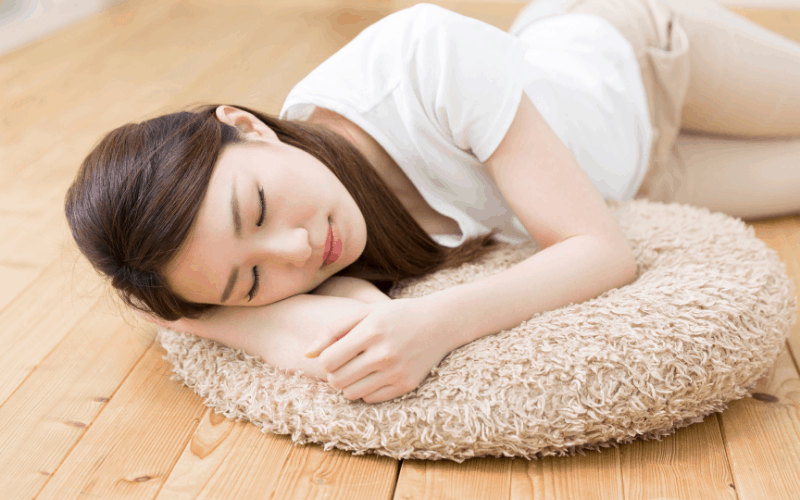




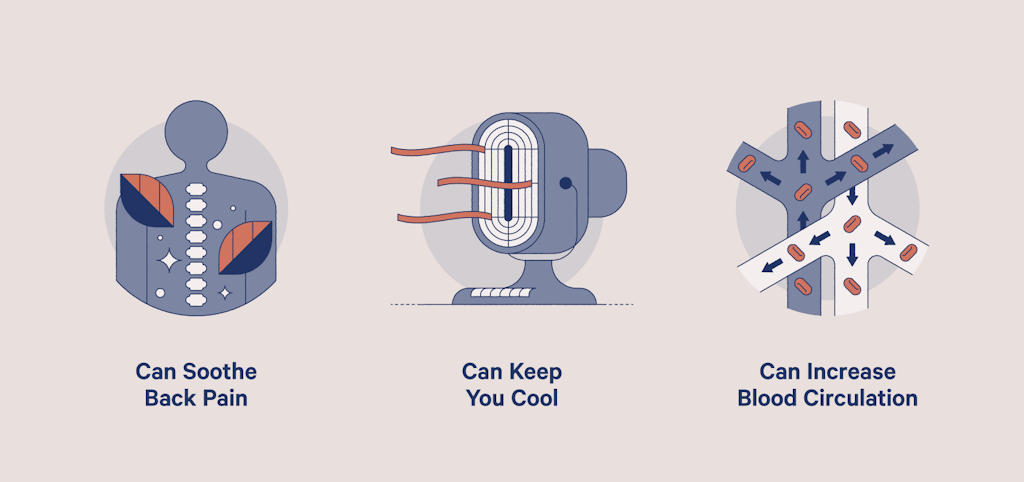


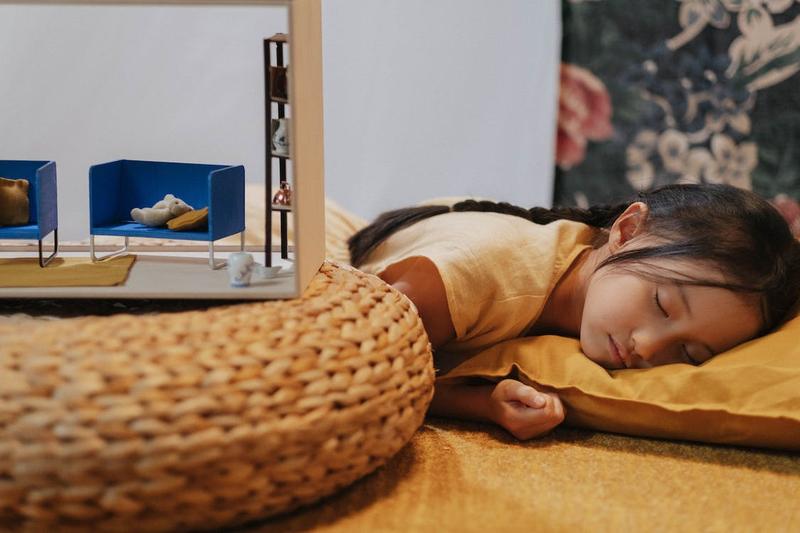


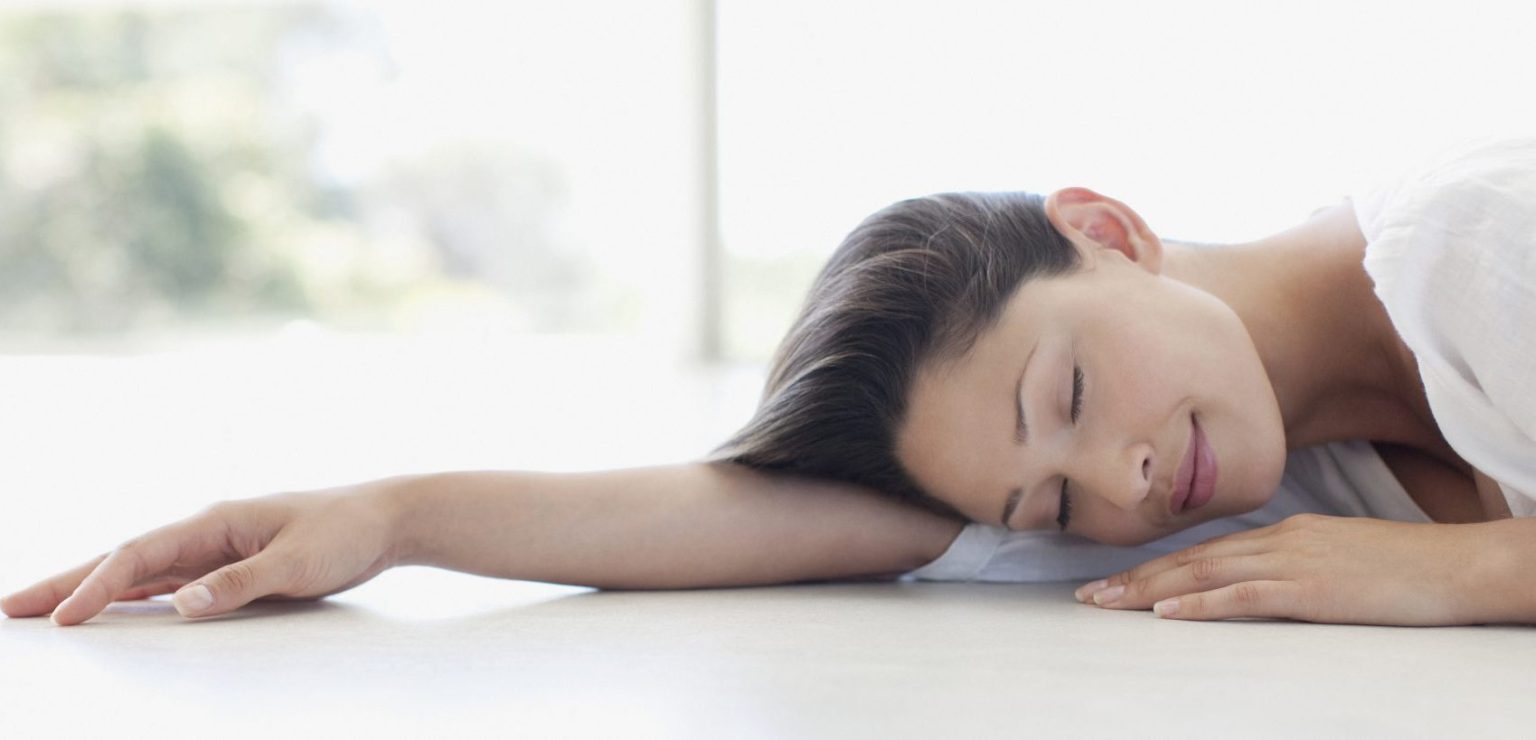
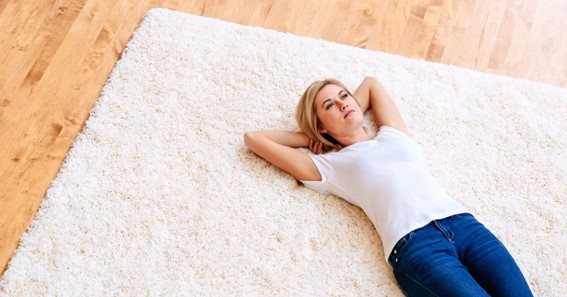





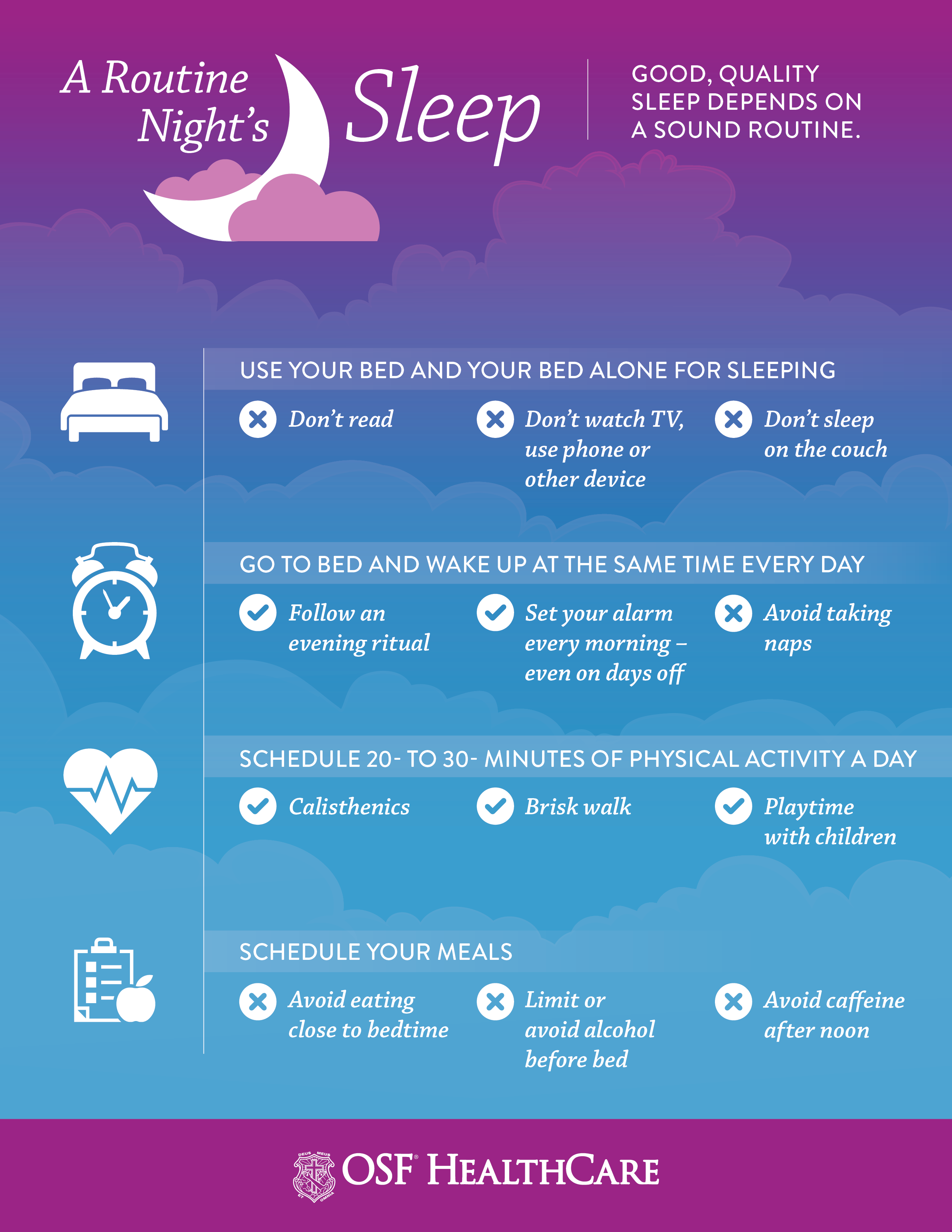







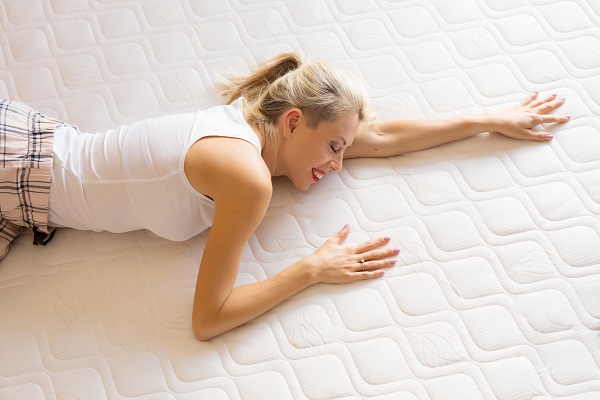










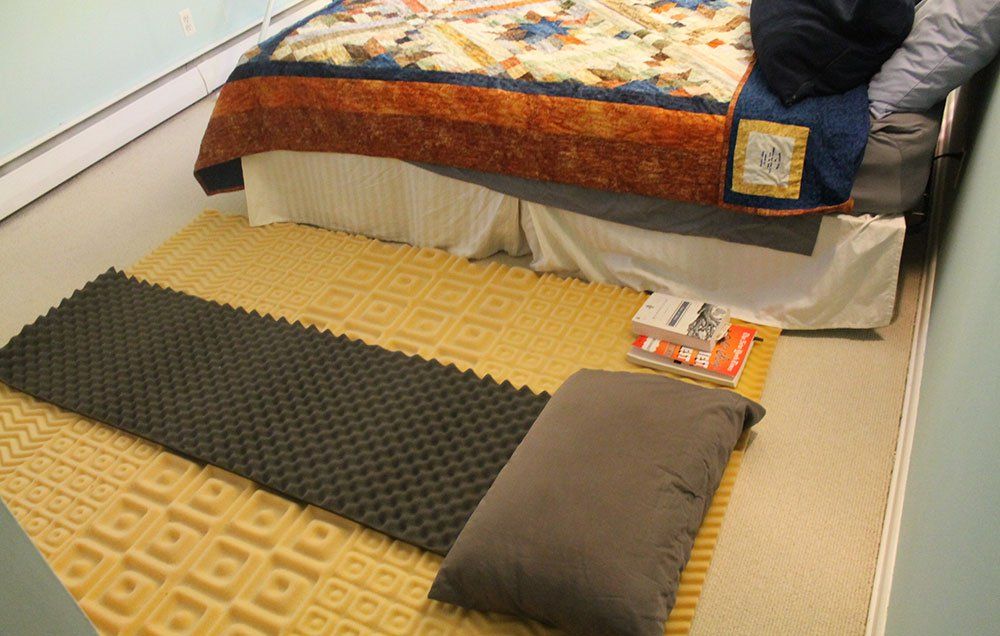
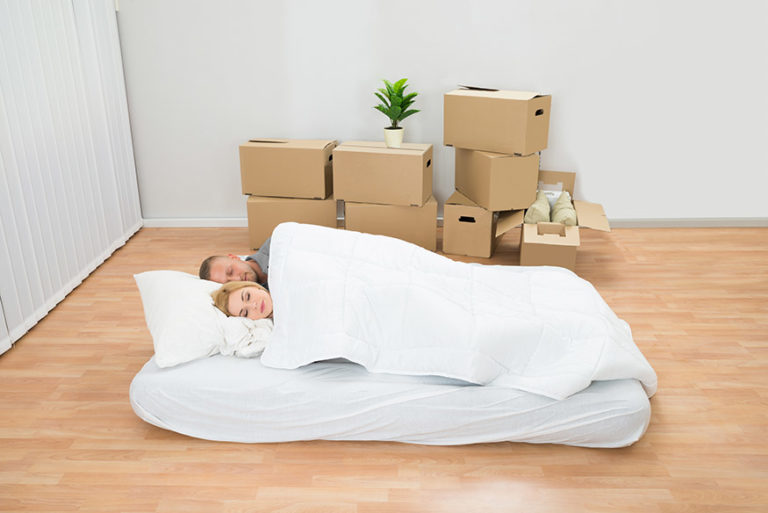







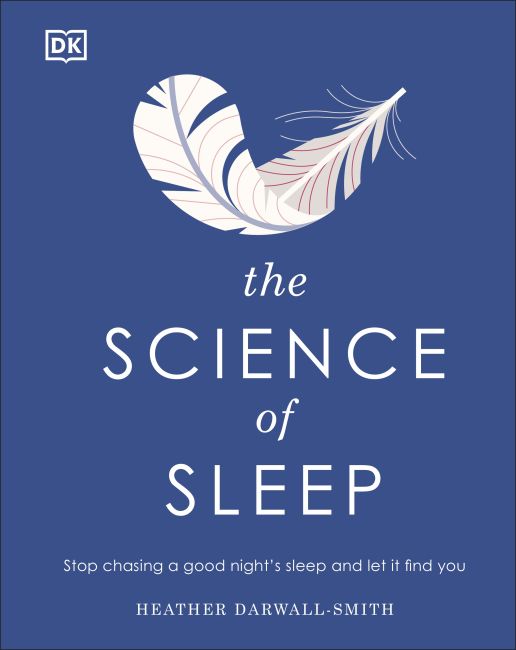

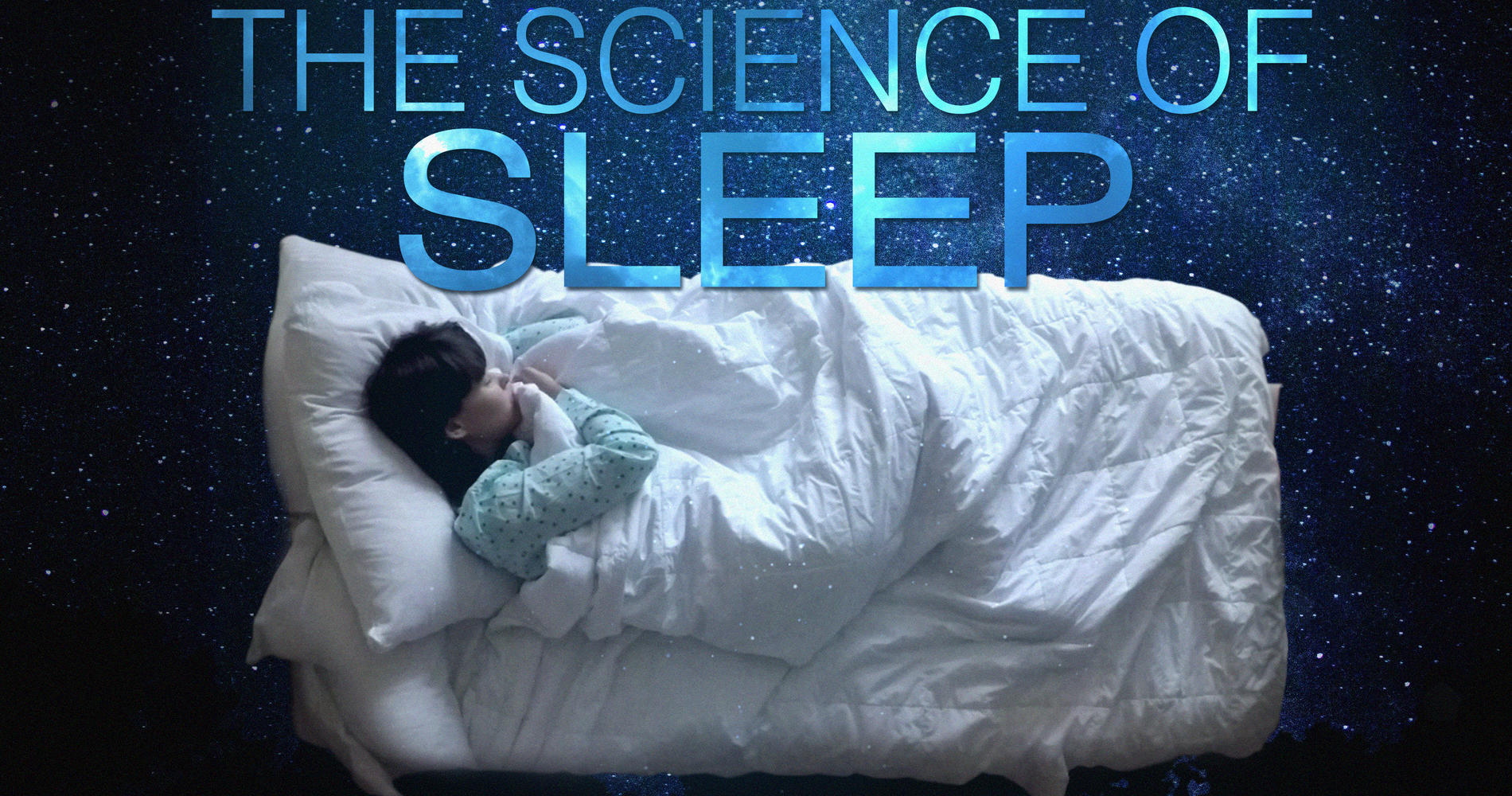



/cloudfront-us-east-1.images.arcpublishing.com/gray/RV2LMYMTJFPYXEUXGCTCOGRNT4.jpg)





